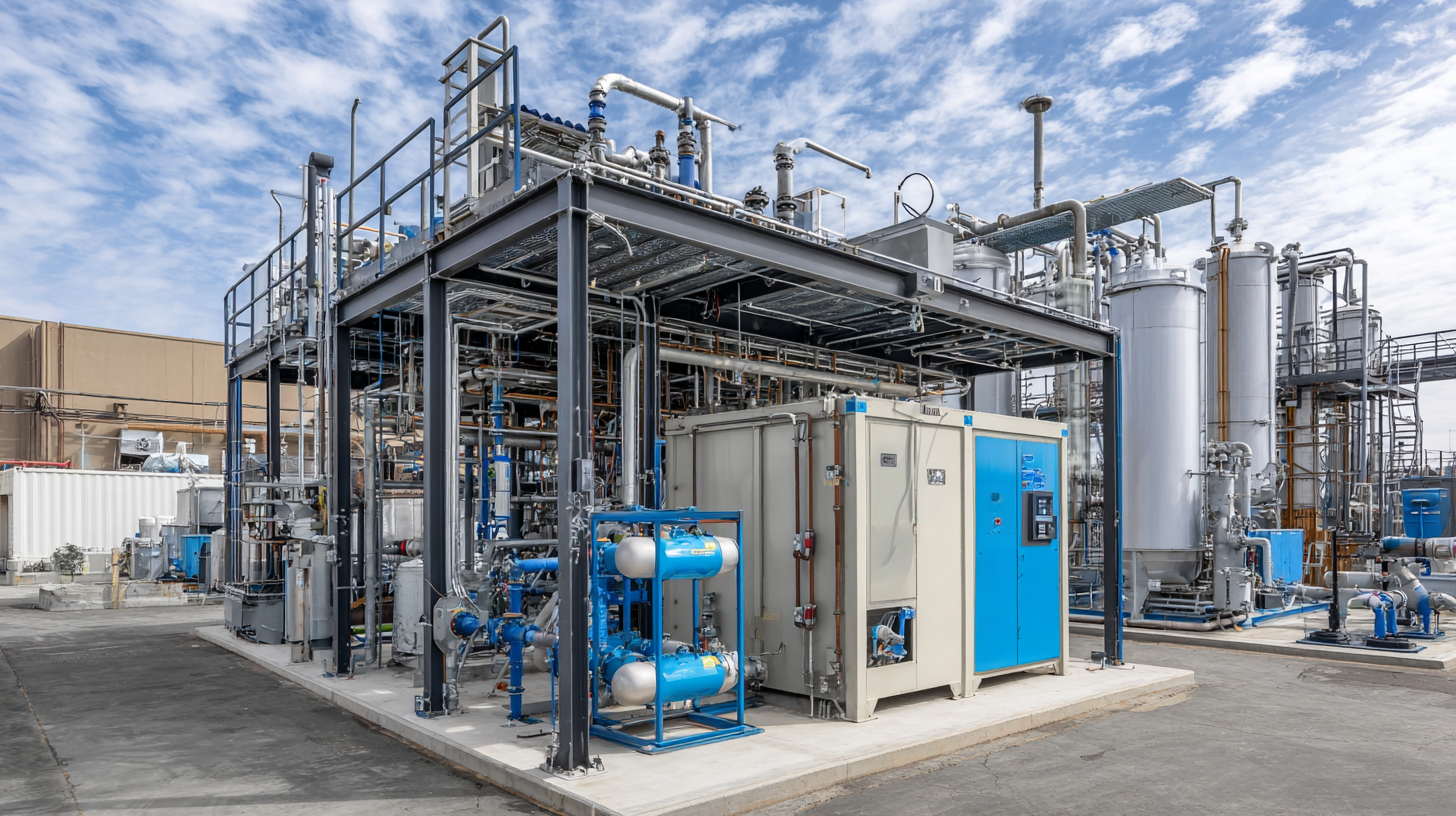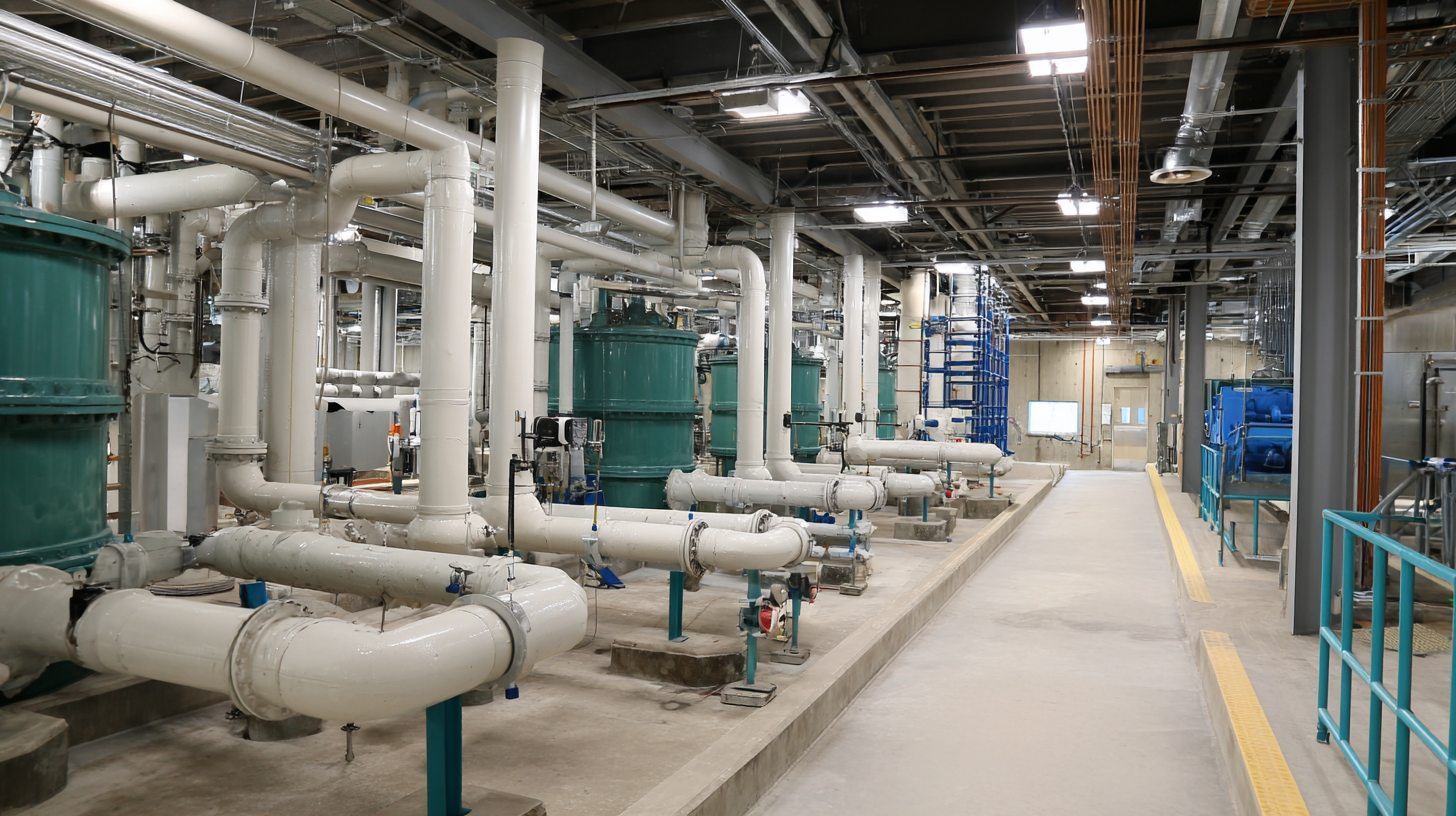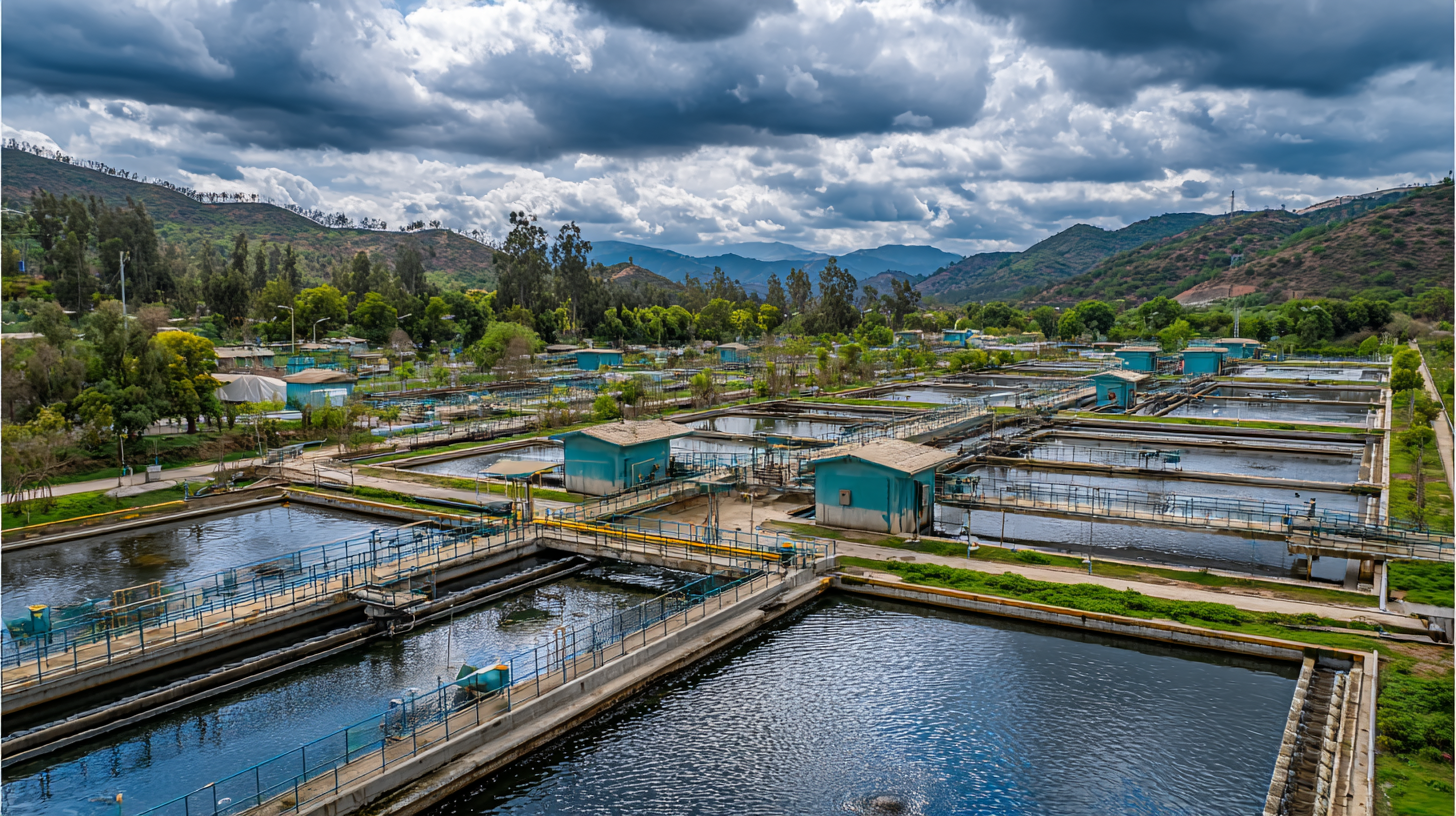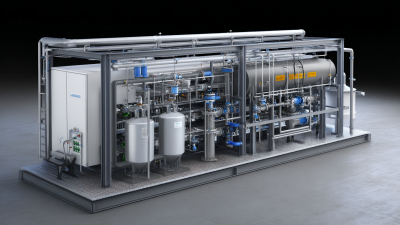How Wastewater Treatment Systems Are Revolutionizing Environmental Sustainability
As the urgency for environmental sustainability grows, wastewater treatment systems have emerged as critical components in the quest for cleaner ecosystems. According to a report by the United Nations, roughly 80% of the world's wastewater is discharged without adequate treatment, posing significant risks to both human health and the environment. The adoption of advanced wastewater treatment technologies has the potential to recycle up to 90% of this water, transforming it into a valuable resource rather than a pollutant. Furthermore, the World Health Organization emphasizes that improving wastewater management could significantly reduce waterborne diseases, saving millions of lives globally. By investing in innovative wastewater treatment systems, industries and communities can not only mitigate environmental impacts but also contribute to sustainable development goals, fostering a healthier planet for future generations.

Understanding the Basics of Wastewater Treatment Systems
Wastewater treatment systems play a crucial role in promoting environmental sustainability by efficiently removing contaminants from sewage and industrial effluents. The global wastewater treatment market was valued at approximately $280 billion in 2022, with projections indicating growth to nearly $450 billion by 2030, according to a market research report by Mordor Intelligence. This significant growth underscores the increasing recognition of wastewater treatment as a vital component of sustainable water management practices.
At the core of wastewater treatment systems are various processes designed to reduce pollutants, including physical, chemical, and biological treatments. For instance, the biological process, which utilizes microorganisms to break down organic matter, is responsible for up to 90% of the contaminant removal in conventional treatment plants. The Water Environment Federation reported that effective wastewater management not only improves water quality but also helps recover valuable resources such as energy and nutrients. An example of this is the implementation of anaerobic digestion systems, which can generate biogas—an alternative energy source—while reducing the volume of waste needing disposal. Such advancements highlight the essential role of wastewater treatment in fostering a sustainable future.

Key Technologies Driving Wastewater Treatment Innovations
The ongoing advancements in wastewater treatment technologies play a crucial role in enhancing environmental sustainability. Key innovations such as membrane bioreactors (MBR), advanced oxidation processes (AOP), and reverse osmosis are at the forefront of this revolution. According to a report by MarketsandMarkets, the global MBR market is projected to grow from $3.65 billion in 2020 to $6.12 billion by 2025, highlighting the increasing reliance on these efficient systems that separate solids from liquids while treating organic waste.
One standout technology, the use of anaerobic digestion, not only treats wastewater but also generates renewable energy in the form of biogas. This dual function has made it an essential component of modern treatment facilities. The U.S. Environmental Protection Agency (EPA) estimates that such processes can reduce landfill waste by up to 50%, significantly lowering carbon emissions and promoting circular economy principles.
**Tip:** For communities looking to enhance their wastewater treatment methods, investing in smart monitoring technologies can provide real-time data, allowing for more efficient and effective management of water resources. Staying updated with the latest innovations can help identify the best solutions tailored to local needs, further driving sustainability efforts.
Benefits of Wastewater Treatment for Environmental Sustainability
Wastewater treatment systems play a crucial role in enhancing environmental sustainability by transforming waste into valuable resources. One of the primary benefits of these systems is their ability to mitigate pollution. By treating wastewater before it is discharged into natural bodies of water, these systems effectively remove harmful contaminants, thereby protecting aquatic ecosystems and promoting healthier water quality. This not only supports biodiversity but also ensures safe recreational areas for communities.
Furthermore, modern wastewater treatment facilities are increasingly integrated with resource recovery technologies. These systems can extract useful materials such as nutrients, energy, and even water for reuse. For example, the extraction of phosphorus and nitrogen helps prevent nutrient pollution in waterways, while biogas generated during treatment processes can be harnessed for energy production. This circular approach not only reduces the environmental footprint of wastewater but also contributes to a more sustainable water management system that aligns with the principles of a circular economy.
Best Practices for Implementing Effective Treatment Systems
Implementing effective wastewater treatment systems is a pivotal aspect of advancing environmental sustainability. By utilizing best practices, such as adopting innovative technologies and optimizing existing processes, industries can significantly reduce their ecological footprints. Modern systems leverage biological, chemical, and physical methods to enhance the removal of contaminants, thereby safeguarding water quality and promoting a healthier ecosystem.
Collaboration among stakeholders—including governments, private enterprises, and communities—is essential for the successful deployment of these treatment systems. Public awareness campaigns can educate citizens about the importance of water conservation and proper waste disposal, encouraging collective action toward sustainability. Furthermore, regular monitoring and evaluation of treatment performance ensure adherence to environmental regulations and foster continuous improvements, making wastewater treatment not only a necessity but also a cornerstone of a sustainable future.
How Wastewater Treatment Systems Contribute to Environmental Sustainability
Future Trends in Wastewater Treatment and Sustainability Initiatives
The future of wastewater treatment is increasingly intertwined with sustainability initiatives, as innovations in technology and techniques are enabling more efficient and environmentally-friendly processes. According to a report by the Global Water Intelligence, the global wastewater treatment market is expected to grow to $347 billion by 2026, highlighting the rising importance of sustainable practices in this sector. Advanced technologies, such as membrane bioreactors and decentralized treatment systems, are not only improving the efficiency of wastewater management but also significantly reducing energy consumption and greenhouse gas emissions.

As cities worldwide face the challenges posed by urbanization and climate change, the implementation of smart water management systems is becoming essential. The Water Environment Federation notes that integrating data analytics and AI into wastewater facilities can optimize operations and enhance resource recovery, with the potential to reduce operational costs by up to 30%. Furthermore, initiatives focused on nutrient recovery from wastewater, like phosphorus and nitrogen, are gaining traction, ensuring that valuable resources are effectively reused while minimizing environmental impact. This shift towards sustainability in wastewater treatment systems not only addresses the pressing issues of pollution but also contributes positively to resource conservation and climate resilience efforts.
Related Posts
-

Revolutionizing Our Future: The Innovative Advances in Wastewater Treatment Systems
-

What Are Waste Water Treatment Systems and How Do They Work?
-

How to Choose the Right Wastewater Package Plant for Your Needs
-

Transforming Industrial Waste Water Treatment Solutions at the 138th Canton Fair 2025 for a Sustainable Future
-

Innovative Solutions for Effective Industrial Waste Water Treatment Systems
-

Exploring Innovations in Sewer Treatment Plants at China Import and Export Fair 2025


